Introduction
Biotechnology has become an essential tool in modern agriculture, playing a significant role in increasing food production to meet the growing demands of the global population. The use of biotechnology in food production involves various techniques, including genetic engineering, tissue culture, and the use of biofertilizers. This article will explore the role of biotechnology in food production, its benefits, challenges, and the future prospects.
Genetically Modified Organisms (GMOs)
Genetically Modified Organisms (GMOs) are organisms whose genetic material has been altered through genetic engineering to introduce desired traits. In the context of food production, GMOs are developed to enhance crop yields, nutritional value, and resistance to pests, diseases, and harsh environmental conditions.
Some of the most common GMO crops include soybeans, corn, cotton, and canola. These crops have been engineered to be herbicide-tolerant or to produce an insect-resistant protein derived from the bacterium Bacillus thuringiensis (Bt).
Advantages of Biotechnology in Food Production
The use of biotechnology in food production offers several advantages:
- Increased Crop Yields: Genetically modified crops can produce higher yields, which is crucial in meeting the food demands of a growing population.
- Improved Nutritional Content: Biotechnological techniques can be used to enhance the nutritional value of crops, such as developing rice with higher levels of vitamin A (Golden Rice).
- Pest and Disease Resistance: GMOs can be engineered to resist common pests and diseases, reducing the need for chemical pesticides and increasing crop survival rates.
- Environmental Benefits: By reducing the need for pesticides and increasing crop yields, biotechnology can contribute to a more sustainable agricultural system.
- Climate Change Resilience: Biotechnology can help develop crops that are more resilient to climate change, such as drought and flood-resistant varieties.
Challenges and Concerns
Despite the advantages, the use of biotechnology in food production has faced several challenges and concerns:
- Public Perception: There is a significant level of skepticism and fear among the public regarding the safety and ethical implications of GMOs.
- Biodiversity Loss: The widespread adoption of GMOs may lead to a reduction in genetic diversity, making crops more vulnerable to specific pests or diseases.
- Regulation and Labeling: There is an ongoing debate about the need for stricter regulation and labeling of GMO products to inform consumers about their contents.
- Monetary Costs: The development and patenting of GMOs by large corporations can lead to increased costs for farmers and limit the availability of seeds for small-scale farmers.
The Future of Biotechnology in Food Production
As the global population continues to grow, the role of biotechnology in food production will likely become more critical. Future developments may include:
- Advanced Genetic Engineering: The use of CRISPR/Cas9 and other advanced gene-editing technologies to develop crops with even more desirable traits.
- Synthetic Biology: The design and construction of new biological systems, including the creation of synthetic organisms that can produce food ingredients.
- Algal and Plant-Based Foods: The development of alternative food sources, such as algae and plant-based proteins, to reduce the reliance on traditional agricultural practices.
- Personalized Nutrition: The use of biotechnology to tailor food products to individual nutritional needs and health profiles.
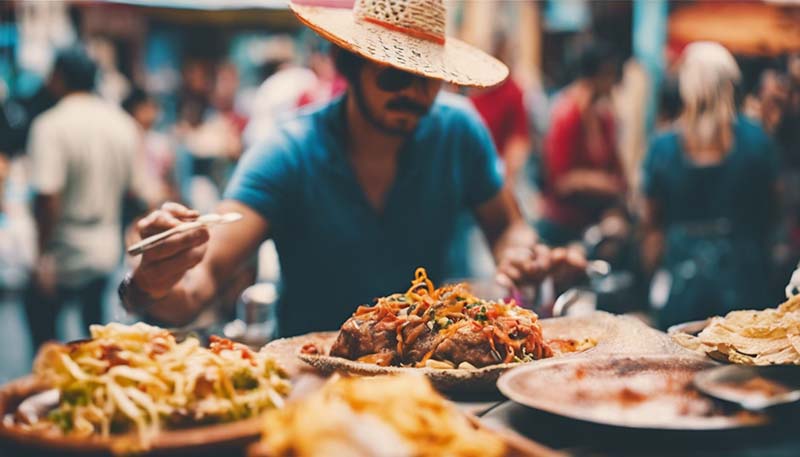
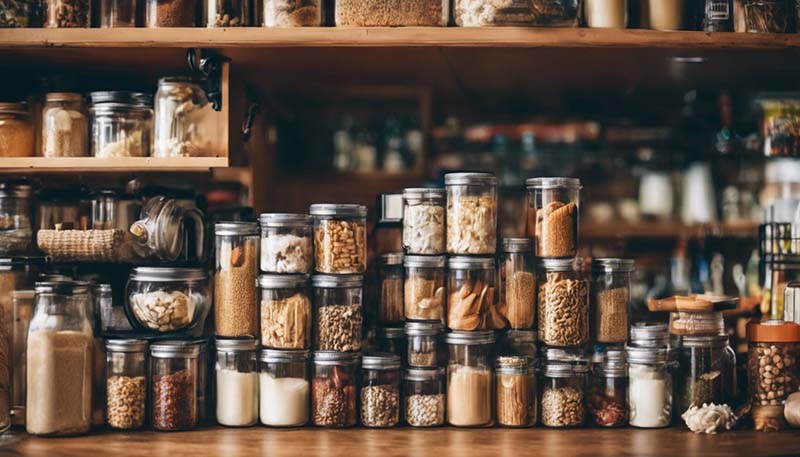
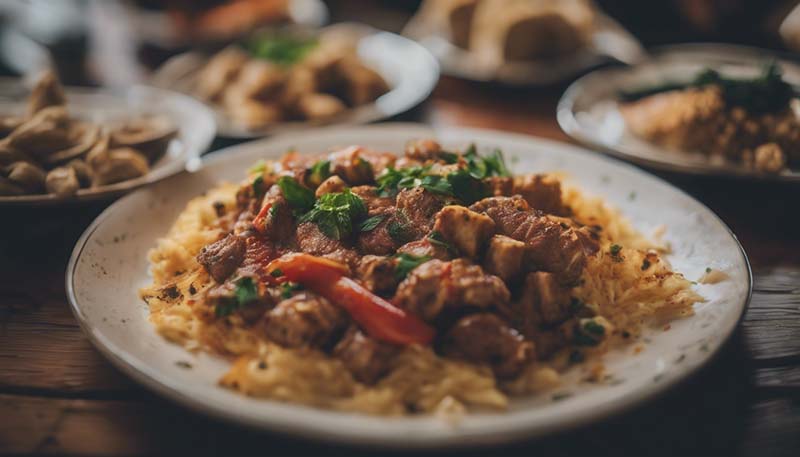
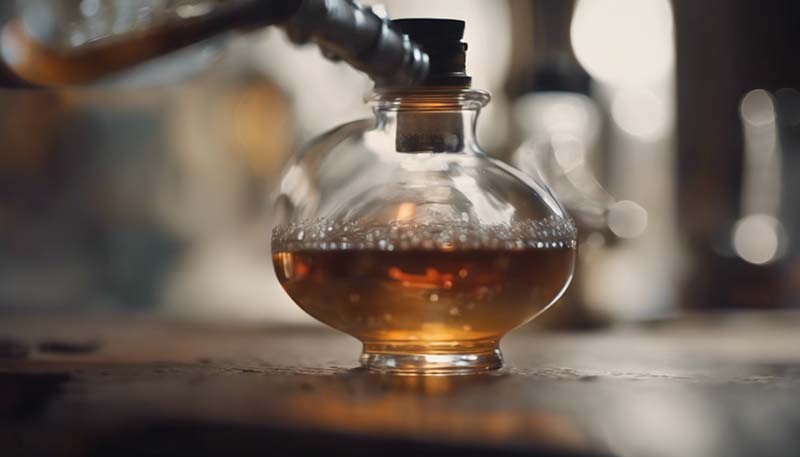

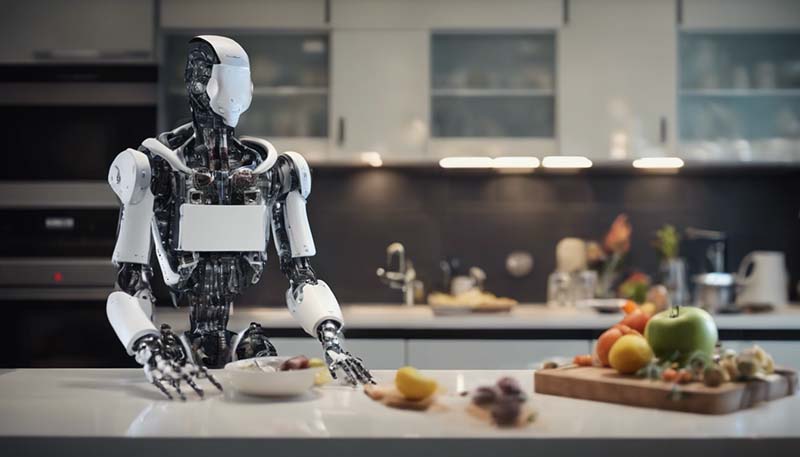

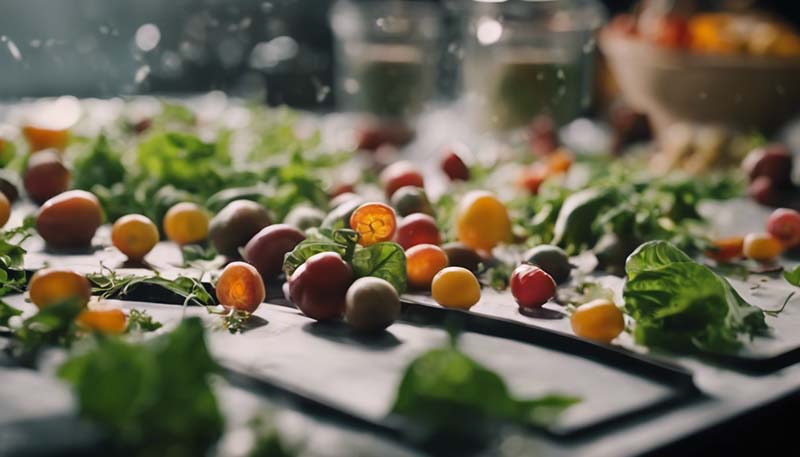



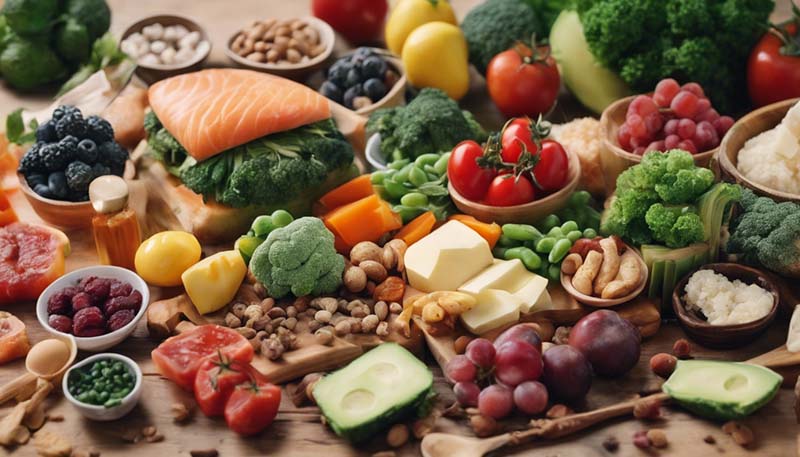
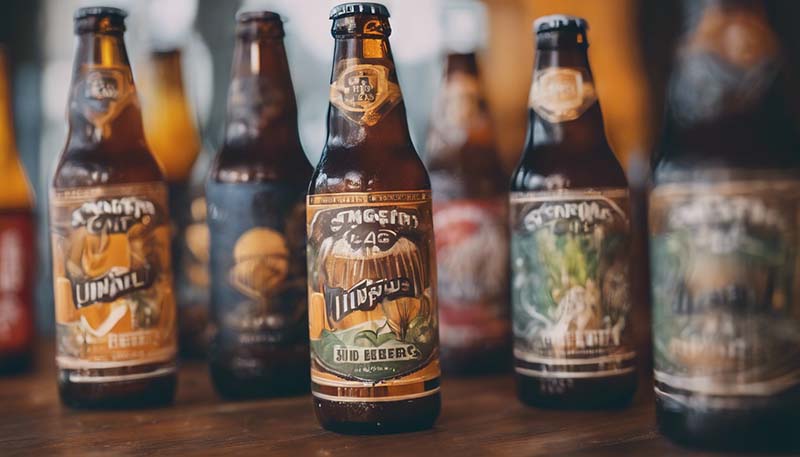



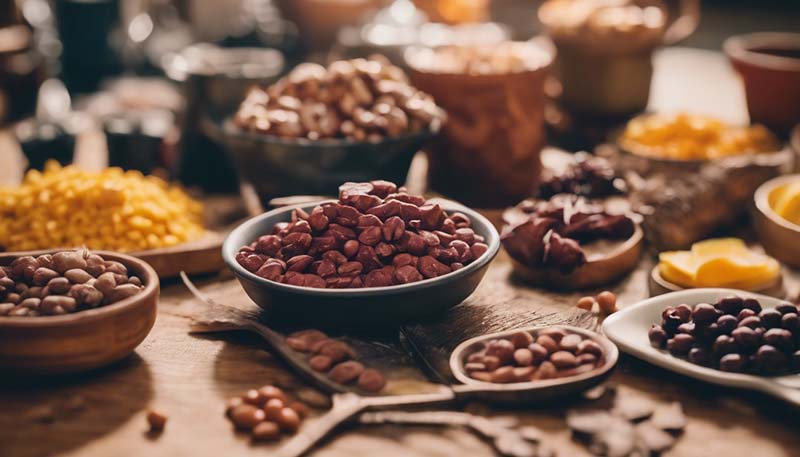
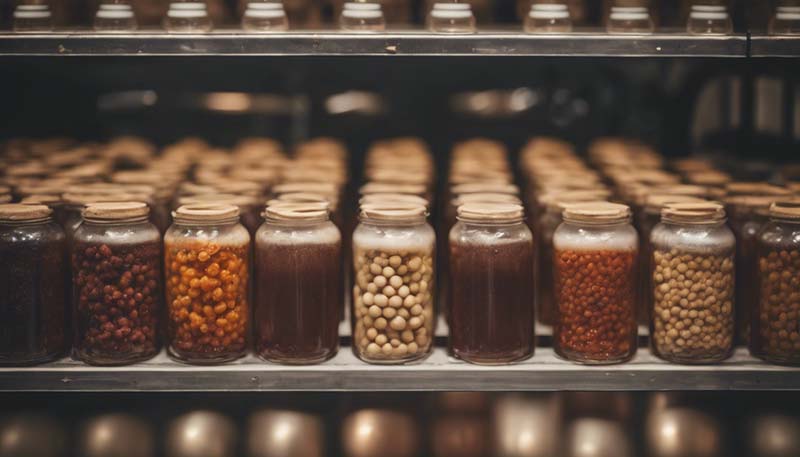
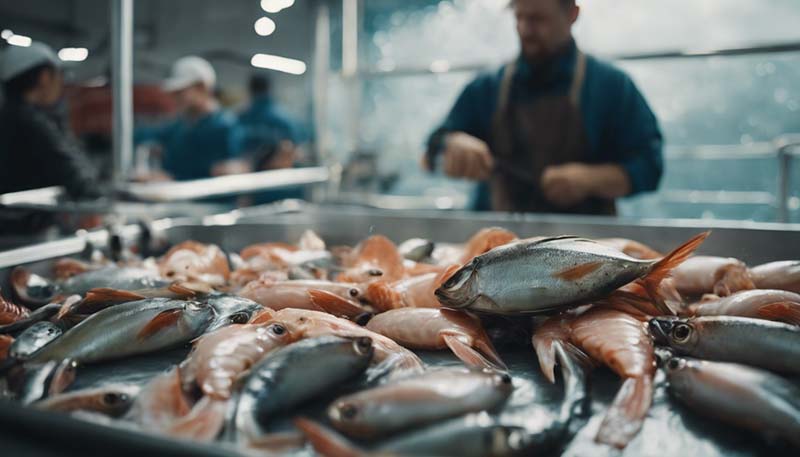


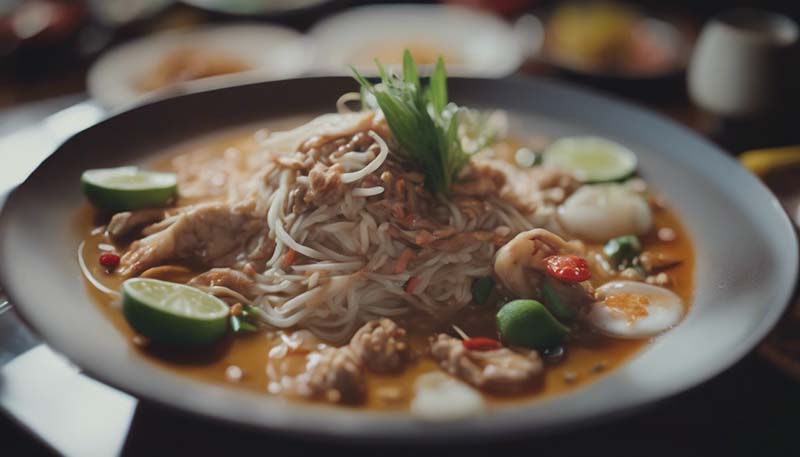




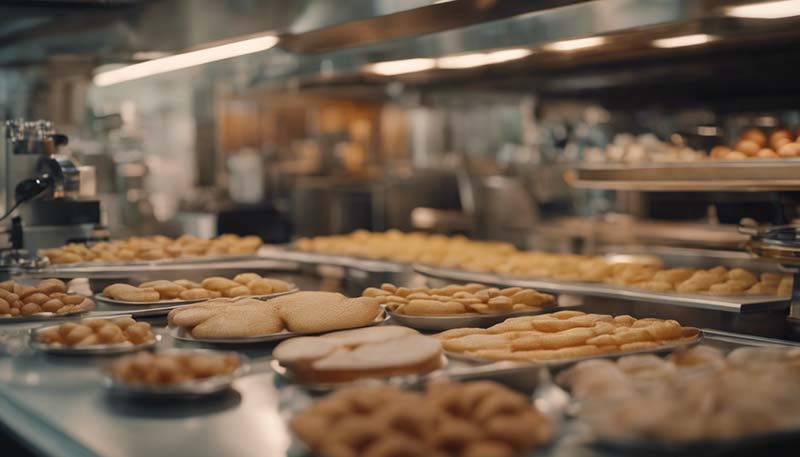
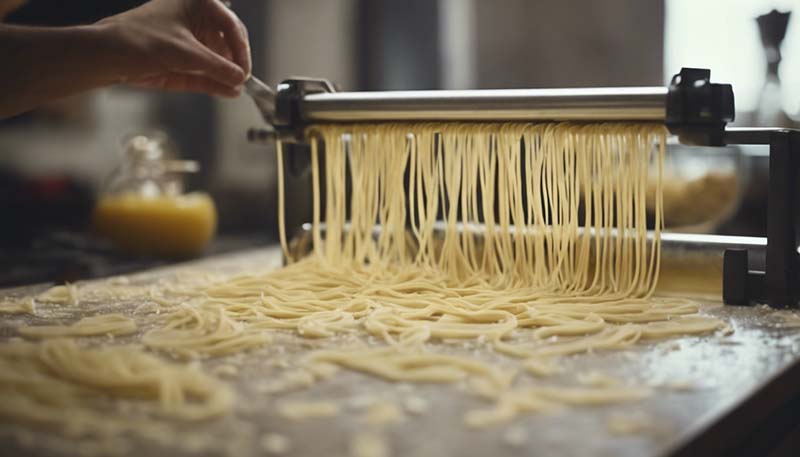


Leave a comment